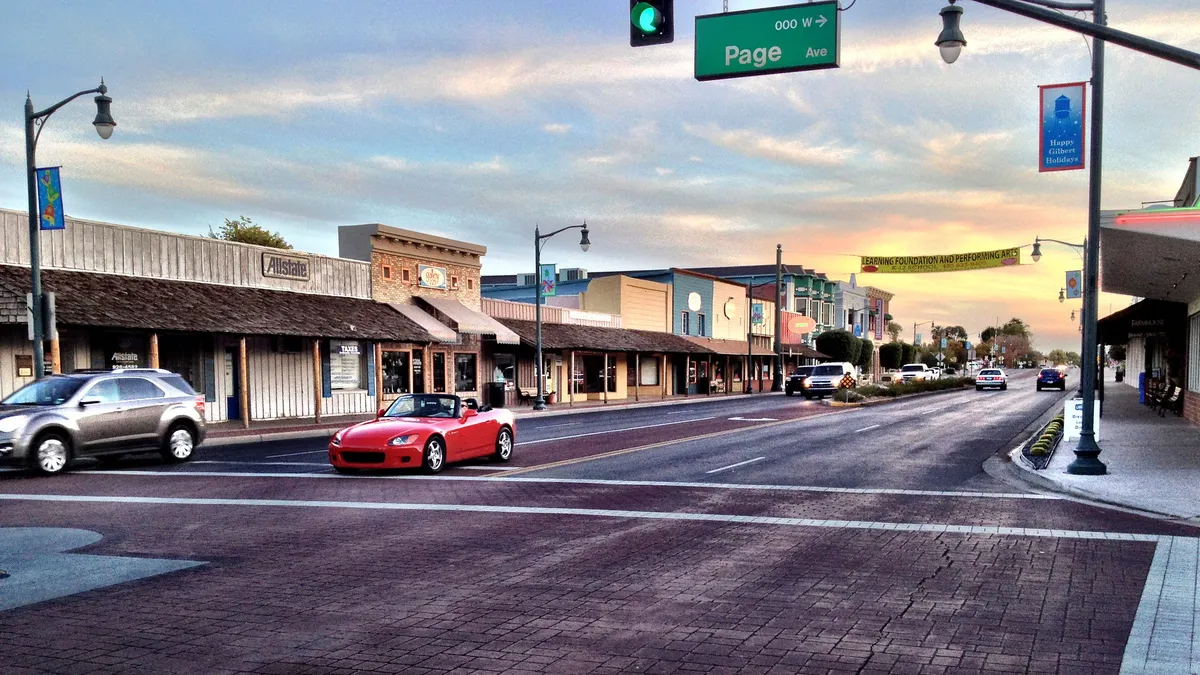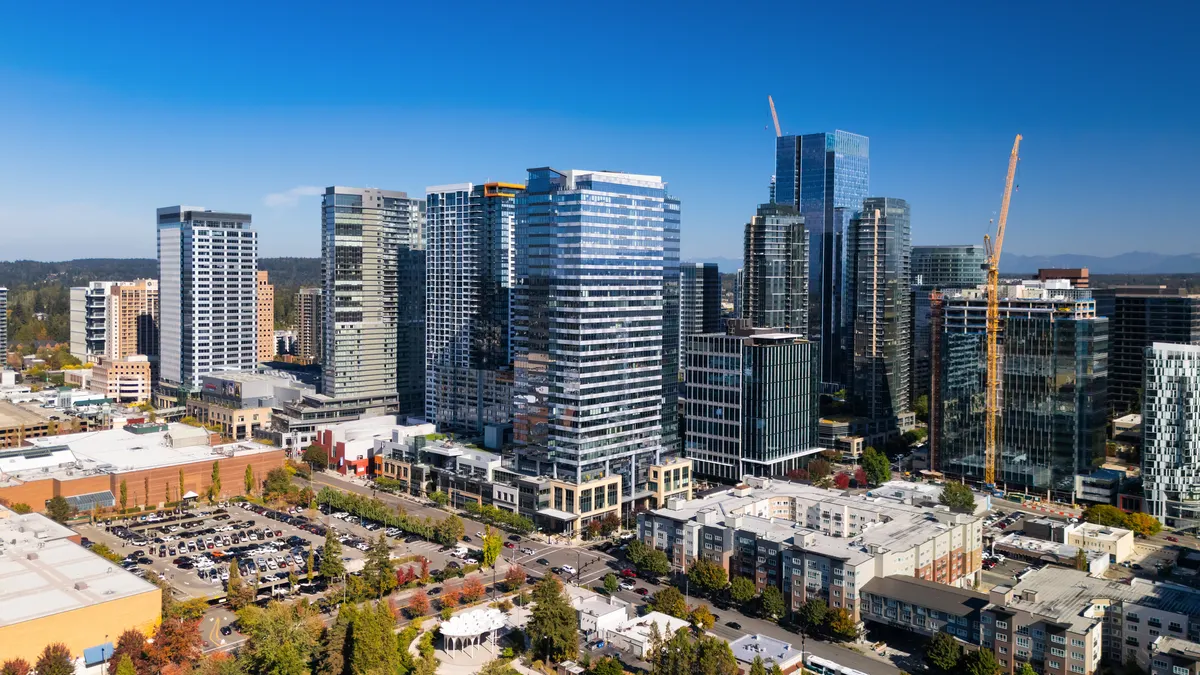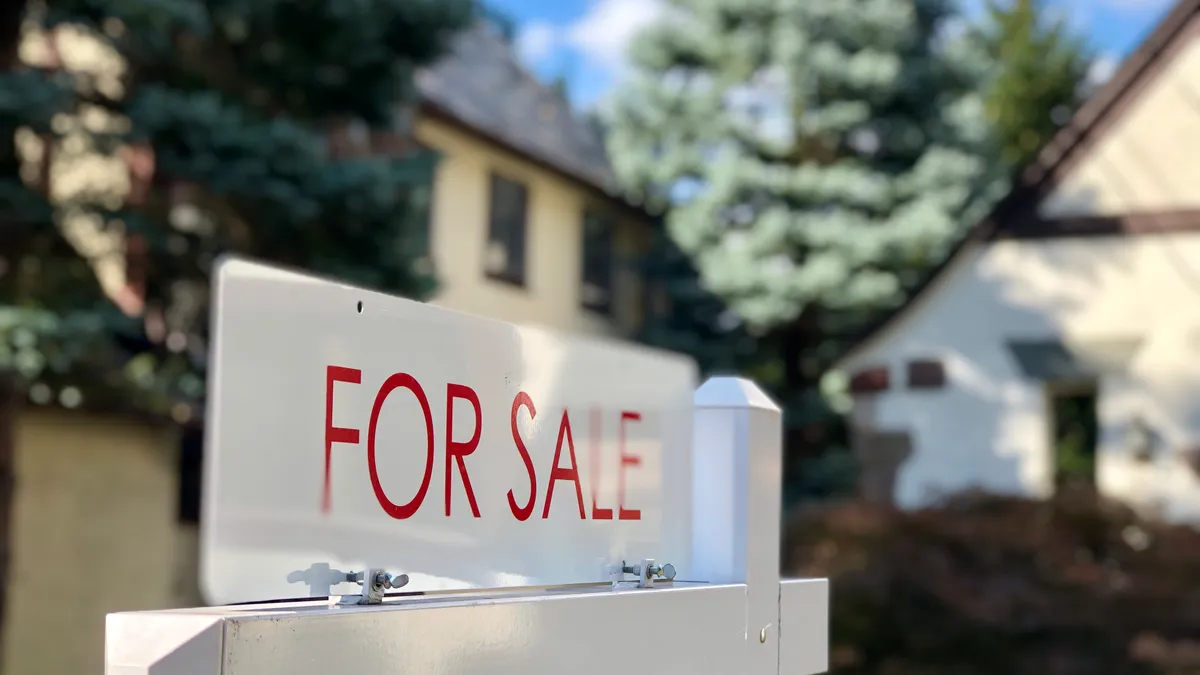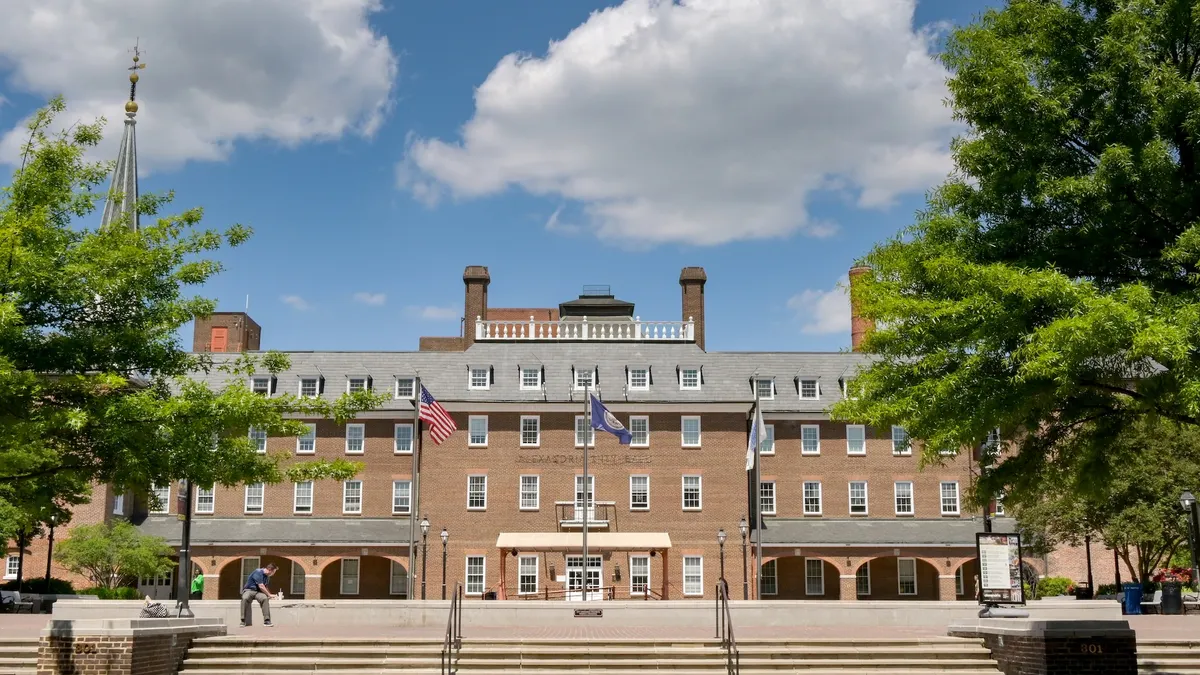Over the course of a few days in mid-March, the Town of Gilbert, AZ's entire 1,400-person staff began working remote as the coronavirus pandemic (COVID-19) started to take hold.
Mayor Jenn Daniels issued an Emergency Declaration on March 16 providing additional resources and flexibility, in part to help city staff move online. From there, municipal leaders got to work figuring out how to make various processes fully digital.
"We were up-and-running and innovated like there was no tomorrow in driving as much of our services as we could digitally and online," Town Manager Patrick Banger said.
Gilbert had a leg-up in its efforts to go fully digital and remote thanks to the work of its Office of Digital Government (ODG), which for years has looked to leverage technology and the 99% of homes that have a broadband internet connection. During the pandemic, that focus has taken on a new sense of urgency and importance as the city has sought to innovate and update its internal processes and communication with residents.
Gilbert builds on its existing digital roadmap
The town's Chief Digital Officer Dana Berchman said Gilbert had a strong digital strategy through its "Digital Roadmap" which aligns all departments in their online goals, but the pandemic accelerated those efforts.
Building and construction inspections, for example, have gone completely virtual. Inspectors use FaceTime to communicate with contractors and check on the status of various projects, a process that would have occurred in-person prior the pandemic. And in a bid to further cut down on physical paper and interoffice mail, processes that would have slowed with everyone working remote, the town now relies much more on DocuSign and other technology.
"It's a reminder for me that if it starts raining, it's too late to build the boat."

Jenn Daniels
Mayor, Town of Gilbert, AZ
Gilbert has also started hosting regular "Innovation Hours," where staff can share any insights they have gained from using technology while remote. And there are plans to do more: Gilbert will soon roll out inspections technology that uses augmented reality (AR) to give inspectors even more information on what they are viewing, Banger said.
Remote work appears to have been successful as well. According to a survey of town employees in late April, 66% said their productivity had improved, while 72% said they would want to continue working remote post-pandemic in some form.
Residents reap the benefits of digital communication
Residents have also been provided plenty of digital content to digest.
Daniels and other Gilbert officials have regularly used video to provide updates on COVID-19 cases or share public service announcements. And to occasionally lighten the mood, the town has also provided content like Baby Yoda-drawing tutorials, and even Carpool Karaoke material that features town employees.
Gilbert has also turned to TikTok, joining other municipalities across the United States to get its message out about coronavirus. "I feel strongly that leadership, in order to be trusted, needs to be visible," Daniels said.
With elected officials and staff unable to go to physical events, they have relied on social media and other avenues to connect with residents. Berchman said the town saw social media engagement skyrocket, with 7 million impressions across its channels in June due to the pandemic and protests after the killing of George Floyd by a Minneapolis police officer.
Some of those other avenues have included the use of popular neighborhood website NextDoor to provide updates and engage in what Berchman called a "two-way conversation" with residents.
By engaging with the business community, for example, elected leaders were able to better understand conditions on the ground, Daniels said.
"It's a reminder for me that if it starts raining, it's too late to build the boat," Daniels said. "Relationships matter, and your ability to call on people and to gather insight and information, is critical to the relationships that you have established already. If I was trying to establish relationships with my business community in the middle of a pandemic, that would have been very difficult."
Lasting changes to come
In late July, the town received the Sharman Stein Award for Storytelling Changemakers from What Works Cities, a Bloomberg Philanthropies initiative that helps cities use data and evidence to tackle their most pressing challenges. The award honors a city team or official that uses communications to build trust and collaboration between its government and residents.
"How do we figure out how to continue to connect with residents and tell stories in this new way of doing it?"

Dana Berchman
Chief Digital Officer, Town of Gilbert, AZ
Simone Brody, What Works Cities' executive director, said Gilbert "broke the mold" in how it disseminates information to residents, and has taken communication into its own hands in an active way, which has been a particular benefit during coronavirus while information has changed so rapidly.
"Historically, governments have sometimes relied on the media and other platforms to be the intermediary between government and what's happened, what's getting to residents," Brody said. "What Gilbert and others have done is say, ‘We're going to just create a direct relationship to our residents, we are going to directly put stuff out there and speak to them, and then ask for direct information back.'"
The pandemic prompted a more permanent shift towards reliance on digital tools and working remotely among Gilbert employees and residents, according to Berchman. While there may be some who want to go back to the way things were, she said it is highly unlikely, especially with workers being more productive, albeit needing to manage stress and burnout in these difficult times.
"I know we're agile and I know that we can shift on a dime and I know that we're watching what the world is doing and willing to follow that and try new things, and getting people who are really well rounded and understand that is really important," Berchman said. "How do we figure out how to continue to connect with residents and tell stories in this new way of doing it?"
The pandemic has driven a rethink of the remodeling underway for a Gilbert municipal buildings as well. The drive towards more remote work prompted staff to redesign the new space to be more collaborative and flexible, with no assigned desks, Banger said.
"Our buildings will become places of engagement. We will shift from traditional... assigned office and workstation spaces to a hot-desking environment to where employees have flexibility to work from home and from the office based on what the need is," he said. "Our focus will be on just enhancing quality and efficiency of operations, as well as holding the line on cost for physical structures."




















